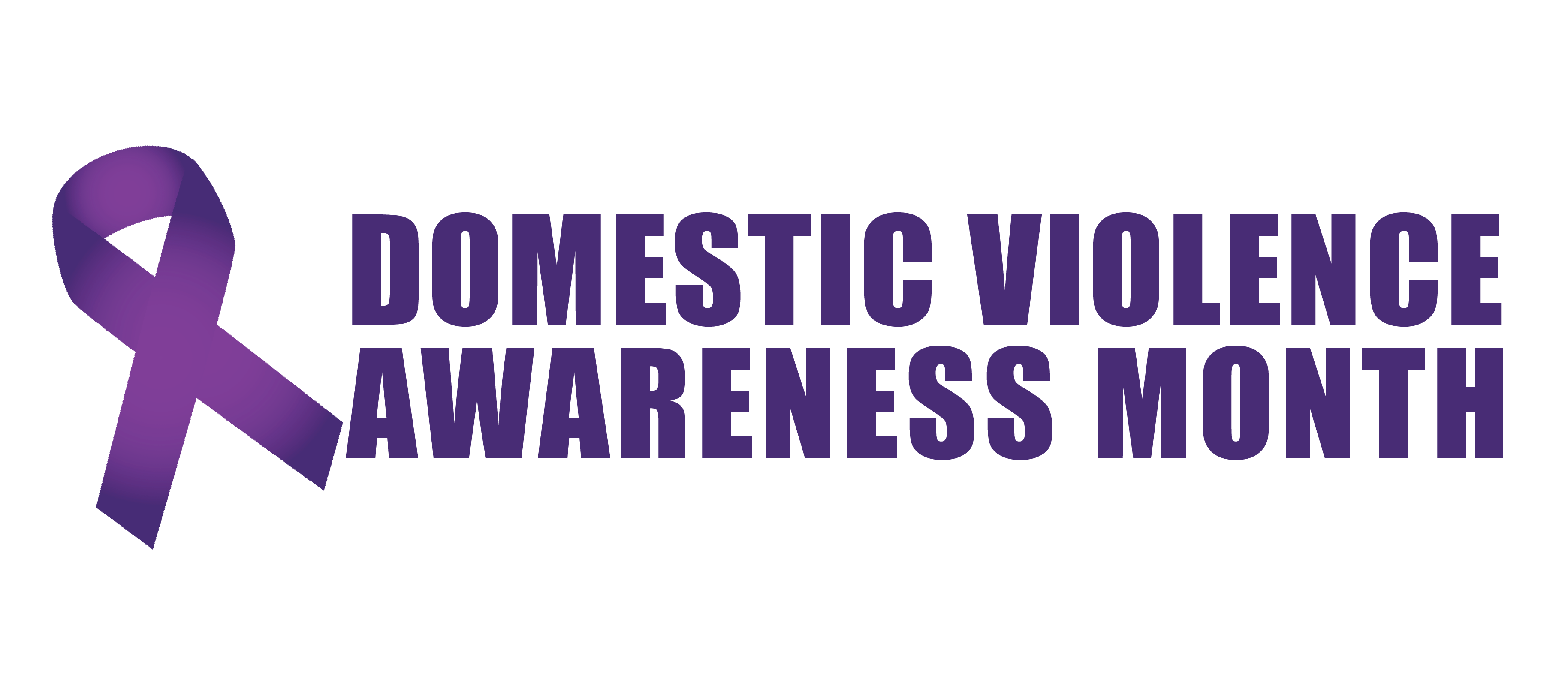
1 in 3 women and 1 in 5 men will experience some form of physical violence by an intimate partner in their lifetime. 1 in 2 women and men will experience psychological aggression by an intimate partner in their lifetime.
Here are 5 things you can do to help eliminate domestic violence in your community!
1. Make a donation to your local domestic violence agency.
We at Women In Need, Inc. would not be able to continue without the support of our community.
This October, we are participating in Allstate Foundation’s Purple Purse Campaign with the opportunity to win a grant up to $100,000. Help us reach our goal by donating or joining our team and helping us fundraise. The event is from October 2nd to October 31st.
Women In Need’s Purple Purse Campaign
You can also donate needed items to our shelter. Check our Facebook page for an updated list of things we need. You can also contact us at 717.264.3056 to see what you can donate. Please, keep in mind, our storage space is limited and we may not be able to take everything.
2. Connect with us through social media or email lists.
All year long, we will be posting events, trainings, and more on Facebook and Twitter. One of the best ways to stay up to date with what we are doing is following our Facebook and Twitter pages.
You can also sign up to receive emails on upcoming trainings and events. Email preventioned@winservices.org to be added to our email list! (We promise not to spam)
3. Get involved!
Help us raise awareness about these issues by getting involved! This can look many different ways, including:
Attending our events. Throughout the year, we will be having many events including our annual Walk a Mile in Her Shoes and Dancing with the Cars. This year, we are also hosting a social media campaign and Mindfulness Seminar with Beginner’s Yoga in honor of our 4oth Anniversary. Come out and join us!
Volunteer. We are always looking for dedicated volunteers to help answer our 24-hour hotline, assist in our shelter, provide educational programs in the community, and more! Visit our volunteer page to learn more and fill out an application.
Other Ideas. Contact us! We are open to new ideas about engaging the community.
4. Educate yourself.
Take the time to learn more about the issues! There is a lot of misinformation out there about domestic violence and victims. Take the time to read articles from credible sources or request one of our educators to come out and talk more about the subject.
It’s also important to learn more about how to have healthy relationships. Even in non-abusive relationships, there can still be problems. Learning how to effectively identify feelings, communicate, problem-solve, and regulate emotions are important for everyone and can help prevent abuse.
5. Be a role model.
Not just with your partner, but with everyone around you. Demonstrate healthy skills as often as you can. It’s not always easy, but these basic skills can help you in all your relationships:
- Set clear boundaries. Don’t just assume that your partner knows what you do and don’t like. Tell them. (“I really don’t like it when other people post pictures of me on social media without asking first.”)
- Check in with yourself. How are you feeling? Why do feel that way? Is there something deeper that is causing these feelings? (Am I really angry that John forgot to take out the garbage or am I just stressed out?)
- Use “I” statements when discussing problems. Instead of pointing the blame, focus on how an action affected you and your feelings. (“I appreciate what you do, but I feel like I do more work around the house.”)
- Turn off social media when you’re angry. Instead of posting a rant on Facebook about how someone made you angry, talk to them about it.
- Listen non-judgmentally. Turn off that voice in your head that is thinking of what to say next or what to make for dinner. Validate how they feel and try to understand their point of view. Even if you don’t agree, try to understand how they feel and where they are coming from. (“I hear that you are angry because you feel like I don’t do as much. While, I don’t agree, I understand why you feel that way.”)
- Make a plan. Often, conflicts end with no plan or resolution only to resurface later. It’s important to not only talk about the problem, but work on ways to solve it. (“Why don’t we try switching some chores for a week and see if it works for us.”)
Doing just one of these 5 can help move our community toward peace at home.
